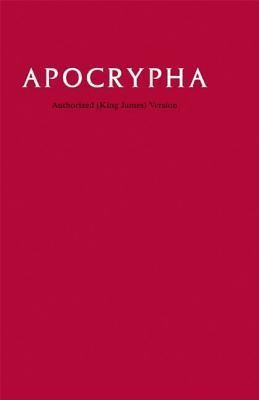TL;DR
The Apocrypha: King James Version presents a collection of ancient writings, often excluded from the Bible, that complement the Old Testament, showcasing diverse literary genres and familiar biblical characters.
What is The Apocrypha about
The Apocrypha, meaning 'hidden things', comprises a collection of texts that were contemporaneous with the Old Testament but not included in the Hebrew canon. This version follows the King James tradition, presenting these writings as they were once part of the Greek Scriptures and included in earlier English translations. The Apocryphal texts span various genres including histories, romances, devotional writings, proverbs, and sermons. Notably, they include familiar figures like Daniel and Esther, enriching the context and narrative of the biblical story. Despite their literary and spiritual significance, many of these texts were omitted in modern Bible editions, often due to cost and theological disputes surrounding their teachings.
The Apocrypha 5 Key Takeaways
Understanding the Apocrypha's Role
The Apocrypha provides insights into the cultural and historical context of the biblical era, largely reflecting the Jewish experience during the Second Temple period.
Diverse Literary Genres
Comprising histories, romances, and moral teachings, the Apocrypha showcases a wide array of literary styles that enrich the understanding of biblical narratives.
Connection to Biblical Characters
Many familiar biblical figures like Daniel and Esther appear in Apocryphal texts, offering additional layers to their stories and moral teachings.
Historical Controversy
The omission of the Apocrypha from many modern Bibles stems from historical decisions linked to canon debates and the perceived doctrinal discrepancies with existing Biblical texts.
Cultural and Religious Significance
These writings are of great importance to many Christian denominations, particularly within Catholicism, which includes them in their biblical canon.
Top The Apocrypha Quotes
- "The hidden things reveal more than the written; they illuminate the paths of the faithful."
- "In the depths of the Apocrypha lies wisdom that calls to be revealed and cherished."
Who should read The Apocrypha?
This volume is ideal for theologians, historians, and general readers interested in the complexities of biblical literature and the historical context of early Christianity. It offers valuable insights for those seeking to understand the broader spectrum of spiritual texts that have influenced religious thought throughout history.
The Apocrypha Best Reviews
- "The Apocrypha enriches the biblical canon, offering diverse perspectives and narratives that are often overlooked in mainstream Christian texts." - Biblical Scholar
- "A well-organized collection that invites readers to explore the hidden treasures of biblical literature." - Theological Review
People also liked these summaries
The Apocrypha FAQs
Why was Apocrypha removed from the Bible?
The Apocrypha was often excluded from later Bible editions mainly for economic reasons, resulting in modern translations commonly omitting these texts.
What are the notable books within the Apocrypha?
Significant books in the Apocrypha include additions to Esther, Baruch, Ecclesiasticus, and Judith, each contributing unique narratives and teachings.
What teachings does the Apocrypha convey?
The Apocrypha encompasses a variety of teachings, including moral lessons, historical narratives, and reflections on faith that complement the narratives found in the canonical texts.
